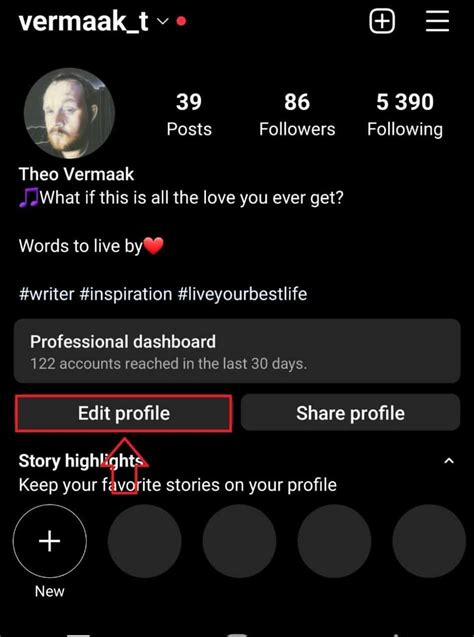Lubbil - All About Gardening
Software Requirements Specification: A Must for Any IT Project - Apriorit
Do You Have a Valuable Lincoln Wheat Penny?
What Does Project Based Learning Look Like? - Center for Project Based Learning (PBL)
Peds | The American Board of Pediatrics
Fermented foods for better gut health - Harvard Health
Hardwood flooring stain color trends (%%2024) - The Flooring Girl
StVZO §52: Zusätzliche Scheinwerfer und Leuchten
1.2 GPA is equivalent to 67% or D+ grade
7 Challenges All Landscape Photographers Must Overcome
25 Inexpensive (or Free) Ways to Cure Summer Boredom
How to Raise Your GPA in One Semester | Chase
BMW 318i (156 PS) Technische Daten - Mivodo
Skinny thighs could spell your doom
Top Wedding Party Entrance Songs to Complement Your Big Day
On Stage Questions - Pageant Positive
HTML RGB and RGBA Colors
What to write instead of happy birthday on a cake?
Tips for Photographing the Northern Lights
Hex to RGB Color Converter
Which Samsung Phone Supports 90fps in PUBG Mobile? - Playbite
Coping With Common Discomforts of Pregnancy
Output Profiles
Zach & Julie Ertz Are the Ultimate "Football" Couple
Using Blood Red in Page Layout Files
Web Technology - GeeksforGeeks
Django’s Place in a Web Development World Ruled by React
9 Types of Advertising Media Available to an Advertiser
7 Ways to Re-Launch Your Photography Brand | Nations Photo Lab
What Food To Eat To Help Ease IBS
BMW 1er: Kfz-Steuer, Kaufkosten & Versicherung
The ultimate daily report template for teams and clients
Becoming an Artist | LINEA | Art Students League
Can Dogs Eat Butternut Squash?
Forza Horizon 5 Car Mastery explained and how to get Skill Points
How Much to Give for a Wedding Gift: The EXACT Cash Amount
Data Recovery Software for PC Free Download Full Version [2024]
Texas Barbecue-style smoked beef back ribs - Jess Pryles
How to Actually Decide Who's Paying for What In Your Wedding Budget
35 Best Law School Graduation Gifts
How Long Do Solar Panels Last? Solar Panel Lifespan 101
Fire Emblem - How to Marry Three Houses' Most Difficult to Romance Character
Types of Car Chassis - Explained Different Types of Car Chassis
Do Girls Like Guys In T14 Law Schools?
Color Differences of LED Lighting - 2.7K, 3K, 4.3K, 5K, 6K
Best 5% Interest Savings Accounts of April 2024
What are Color Modes? — updated 2024
Formal Report – Communication at Work
Who can see your wedding dress before the wedding?
Popular Posts
Reinstalling and patching your Quicken Subscription version after your membership has expired (Quicken for Mac)
Quicken Subscription Membership FAQs
Reinstalling and patching your Quicken Subscription version after your membership has expired
Quicken Review (2023): Features, Pricing & More
How Do I Manage My Quicken Subscription?
Quicken for Windows Release Notes
Quicken: Your Comprehensive Guide to Effortless Financial Management
404-page
What is the Quicken Cloud?
Plans & Pricing | Quicken
Quickbooks vs. Quicken: What's the Difference?
12 Best Quicken Alternatives for 2023 (#1 is Free) – RobBerger.com
Quicken on the Web Frequently Asked Questions
Which Quicken Is Best for You?
Is Quicken Going To Be Discontinued
Unable To Open Quicken for Windows After Updating To The Latest Patch
Quicken Deluxe Review
- Downloading transactions
Size or Capacity Limitations of a Quicken Data File
How to Back up or Restore Your Quicken Data
Running two versions on one PC
Where to find your subscription membership expiration date
How do I move/transfer my Quicken data file from one computer to another?
Quicken Vs. QuickBooks: Which Is Best For Your Business?
Mint VS Quicken Comparison
Currently Supported Quicken Products (Discontinuation Policy)
Quicken Review 2024: Better Features Worth The Cost?
Quicken Performance Troubleshooting
What's the Difference Between Simplifi and Quicken?

Your Name Without Space Between Letters And Words : How To Add Spaces In Instagram Captions And Bios Shane Barker - Or, you can change the vertical space between paragraphs in your document by setting the spacing before or spacing after paragraphs.
Why do I see a charge from Quicken for $1.00?
Quicken Review 2023: Features & Pricing, Pros & Cons
How To Delete an Account
Quicken for Windows: Creating a Year-end Copy At the End of the Calendar Year
Mint vs. Quicken
Mint Budgeting App Review 2023
Quicken 2018 - Now With Subscription Fees! | Bruceb Consulting
Can I save each calendar year as a separate file?
Quicken vs. Mint | Which Is Better at Managing Your Money in 2023?
Quicken Online vs Desktop: Is Quicken Desktop or Online Best?
Can I delete all of old backup files and just keep the current one
Elevate Your Financial Management with Mint: A Comprehensive Guide
The best free budgeting app for tracking your money
The 3 Best Alternatives to Quicken Software
I'm Missing Some Transactions or New Transactions Did Not Download From My Bank (Quicken for Windows)
De-activate registration prompt | Quicken 2012 - Tips
Money in Excel vs Quicken - Which Is the Best for Finances?
What Is Spacing and Kerning and Why They Are Crucial To Typography | HipFonts